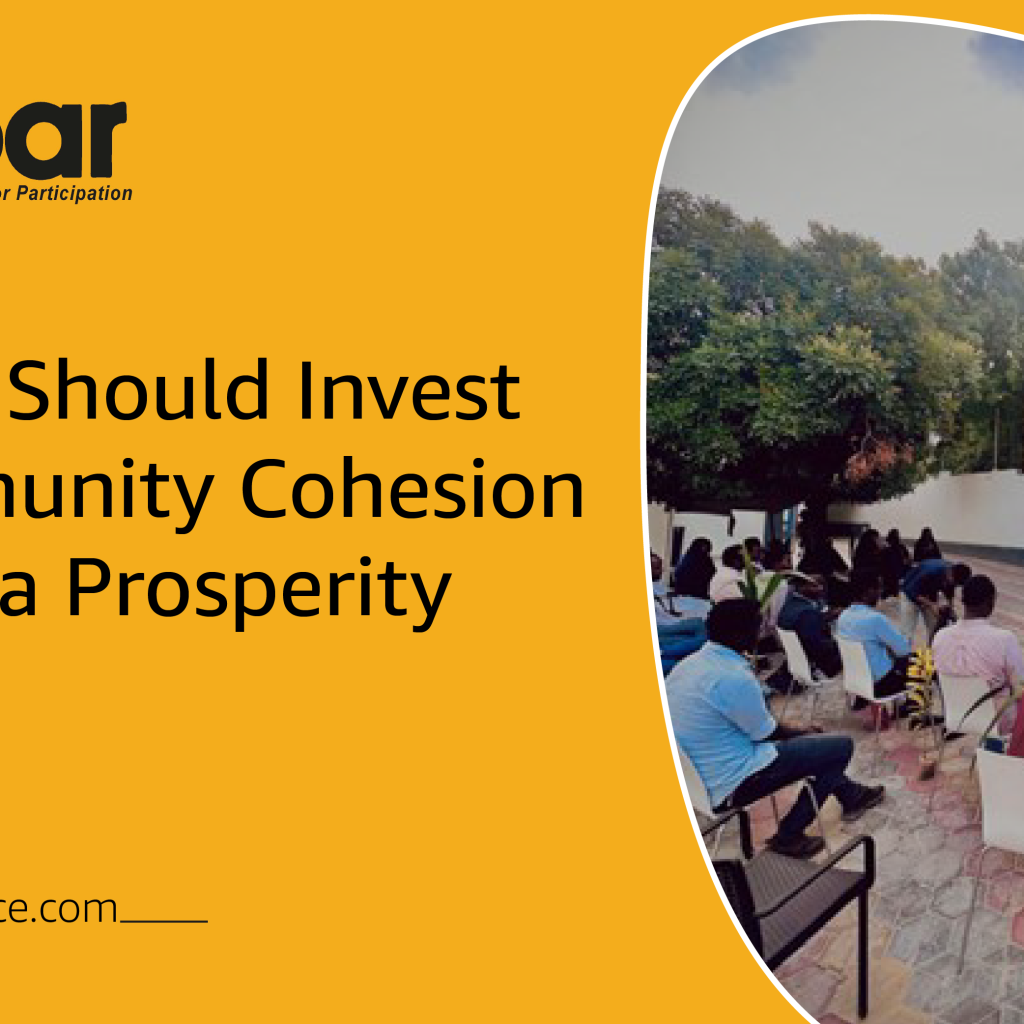What is the common obstacle in our society that obstructs our recovery, regardless of religious, cultural, or linguistic diversity?
Somalia has grappled with formidable challenges in recent decades, encompassing political instability, conflict, poverty, and economic limitations. Nonetheless, the nation holds vast potential, particularly within its youthful population, natural resources, and strategic location. To revive Somalia, a clear vision and pragmatic solutions must emerge from the grassroots.
Over the past thirty years, Somalia has been entrenched in conflict, eroding the government’s authority. The struggle persists against militant groups, clan factions, and terrorist organizations claiming to represent Islam. Despite these adversities, the federal government strives to enhance security, economic prospects, and debt alleviation. Moreover, government restructuring is underway. However, little attention has been given to social reconstruction and community development. This apathy extends to government bodies, private organizations, political parties, and interest groups, with only a handful prioritizing these critical endeavors. Regrettably, the community remains largely unaware.
Community development isn’t a simple task achievable by a single entity, be it government or individual. It necessitates collective efforts. So, what exactly is the problem? What actions should be taken? And who bears the responsibility?
The issues we face are multifaceted, stemming from various facets of society driven by personal values, needs, and preferences. These issues are often neglected, despite their presence. They encompass:
- Outdated Political Culture: Somalia’s political culture and socialization processes hinder progress. The absence of a strong central government and the dominance of tribalism are major factors behind Somalia’s political stagnation. Corruption plagues the government, eroding trust. The political system’s complexity, marked by inconsistent socialization practices, creates an unpredictable and chaotic environment.
- Religion and Conflict: Religion holds immense significance in Somalia but has also fueled destructive conflict instead of fostering order and support.
- Tribalism’s Stranglehold: Tribalism has long perpetuated discrimination, hate crimes, and poverty, dividing clans and perpetuating violence.
- Educational Shortcomings: Somalia’s subpar education system limits the youth’s opportunities, stifling innovation and progress and leaving citizens ill-equipped to understand their rights and responsibilities.
Despite these challenges, Somalia can overcome them. The core issues revolve around a political system and culture that prioritize tribal affiliations over democratic principles, rule of law, and equal opportunities. Furthermore, the lack of quality education impedes human development and economic participation. Addressing these issues necessitates investment in infrastructure, job creation, and entrepreneurship, thus transforming the informal economy into a formal one.
To rebuild Somalia’s communities, the following strategies are imperative:
- Invest in Education: Expanding access to quality education, particularly for the youth, is paramount. Increasing the number of teachers, constructing schools, and providing learning resources will enhance literacy and opportunities over time.
- Economic Revitalization: Encouraging foreign investment, offering small business loans, workforce development, and improving infrastructure (energy, water, roads, technology) are key steps. Prioritizing private sector job growth and entrepreneurship will stimulate the formal economy, benefiting youth and families.
- Establish Democratic Values: Promoting equality, civic engagement, free speech, and fair legal processes can shift the culture toward democracy and inclusivity. A representative government upholding the rule of law is critical.
- Empower the Youth: The youth represent Somalia’s brightest hope. Developing youth leadership in civil society, business, and government is crucial. Their energy, ideas, and passion should be nurtured and supported.
In society, factors such as culture, education, language, ethnicity, and religion profoundly shape citizens’ lives. Embracing diversity can create a harmonious environment and a stable community. Steps must be taken to seize this opportunity.




